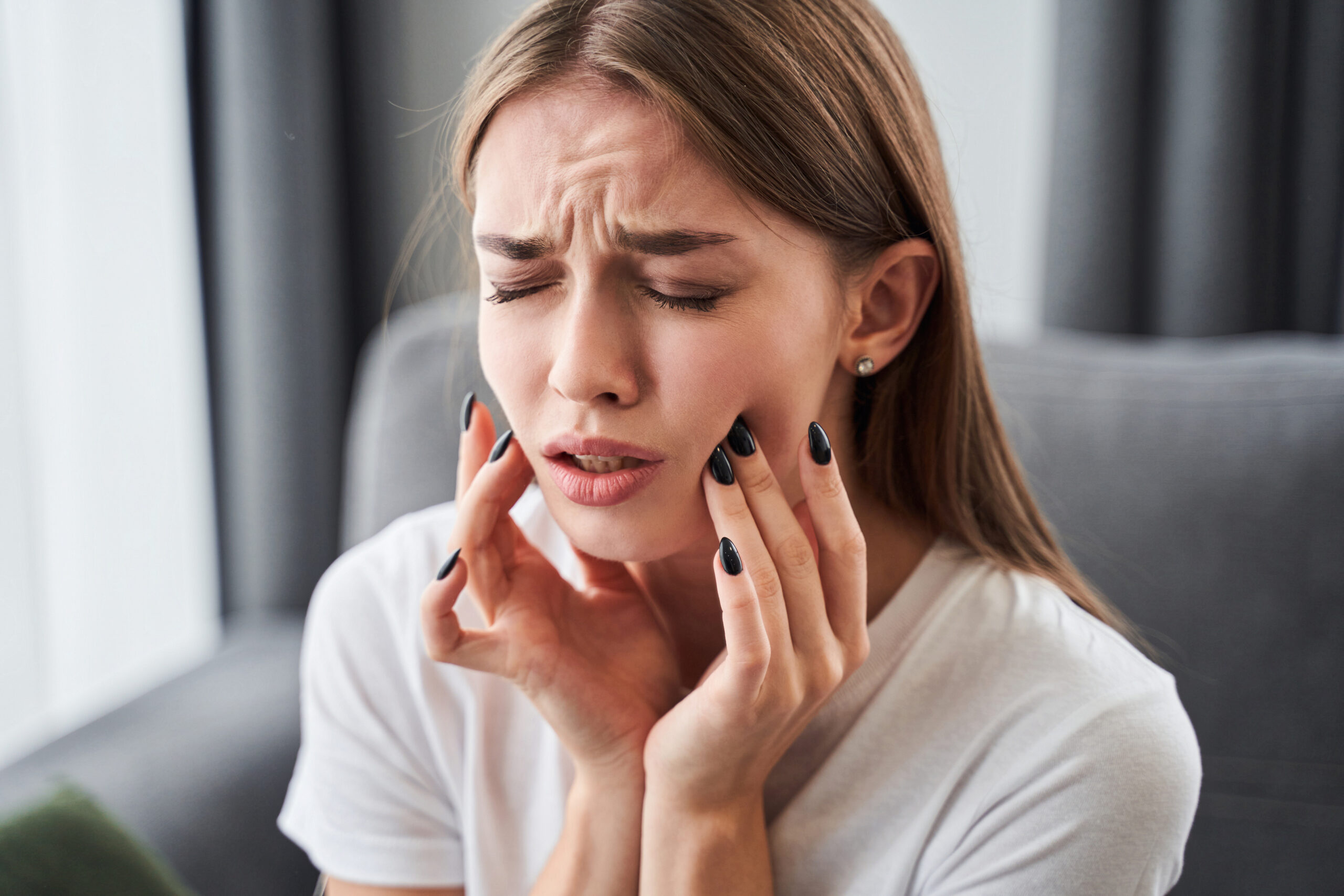Are you tired of dealing with embarrassing bad breath? Don’t worry, you’re not alone. Chronic bad breath, also known as halitosis, can be a pesky problem to tackle, but with the right strategies, you can say goodbye to unpleasant odors and regain your confidence.
How to Permanently Eliminate Chronic Bad Breath
Most cases of bad breath can be effectively improved through simple and regular oral hygiene practices along with routine visits to the dental office. Follow these tips to keep your breath fresh:
Brushing
Brush your teeth at least twice a day, preferably after each meal, to remove plaque and bacteria buildup.
Rinsing
Use an alcohol-free mouthwash that targets bacteria twice a day to freshen your breath. Additionally, rinse your mouth with plain water after meals to remove food particles.
Flossing
Brushing alone cannot clean all tooth surfaces. Make sure to floss daily to remove food particles and plaque from between your teeth. Patients who do not floss are missing 40% of the tooth’s surface area.
Cleaning the Tongue
Your tongue can harbor food particles, bacteria, and dead cells. Brush your tongue with your toothbrush or use a tongue scraper to maintain oral freshness.
The CDC states 47% of Americans have some form of periodontal disease. Regular visits to the dental office can prevent or eliminate periodontal disease.
Maintaining good oral hygiene not only helps improve your breath but also reduces the risk of cavities and gum disease. Remember to visit your dentist twice a year for professional examinations and cleanings.
Addressing Bad Breath from Your Stomach
If your bad breath is stemming from your stomach, certain dietary adjustments can help alleviate the condition. Avoid foods like garlic and onions, known to contribute to bad breath. Additionally, reducing your intake of sugary foods can also help combat unpleasant odors.
Common Causes of Persistent Bad Breath
While dental issues are the primary culprits behind bad breath, it’s essential to rule out other potential underlying conditions. Your Dental365 dentist can evaluate the cause of your bad breath. Here are some possible causes:
- Bronchiectasis: This condition occurs when the airways widen, leading to mucus build-up and subsequent bad breath.
- Ketoacidosis: Individuals with diabetes and very low insulin levels may develop ketoacidosis. This condition causes the body to use fat instead of sugar, resulting in the production of ketones and an unpleasant breath odor.
- Acid Reflux: Acid reflux can cause stomach acids or undigested food to flow back into the esophagus, leading to tooth erosion and bad breath.
Permanent Solutions for Bad Breath
The cure for bad breath largely depends on its underlying causes. In addition to maintaining good oral hygiene and staying hydrated, consider making dietary changes to improve breath odor. If these changes don’t resolve the issue, it’s crucial to consult your dentist. They can determine if a more serious condition is causing your bad breath and refer you to a physician for further investigation.
Natural Remedies for Fresh Breath
If you prefer natural remedies, try these options to combat bad breath:
- Warm Saltwater Rinse: A warm saltwater rinse can help control bacteria growth in your mouth and throat, reducing bad breath.
- Cinnamon Chewing Sticks: Chewing on cinnamon sticks, known for their antimicrobial properties, can fight against bacteria and freshen your breath.
How Sinus Issues Can Impact Breath Odor
Sinus problems can contribute to unpleasant breath due to mucus build-up in the sinuses. As air passes through, it carries the odor, resulting in bad breath.
Book an Appointment for Fresh Breath Solutions
If you have been struggling with chronic bad breath and have not found effective treatment, it is time to act. Schedule an appointment today at one of our conveniently located dental offices. Experience affordable and reliable care from our expert dental professionals.




